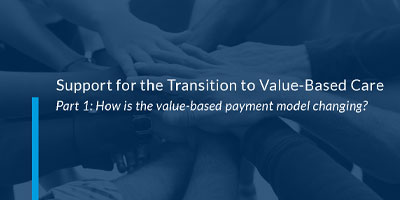Insights
Learn more from thought leaders, videos, webinars, case studies, and more.
Thought Leadership
Literature
Videos
Care Pathways
Transforming Diagnoses and Enhancing Clinical Quality
Transforming Diagnoses and Enhancing Clinical Quality: eConsults have significantly elevated clinical quality and care impact by improving health outcomes for patients and enhanced quality of life.
Elevating Care Impact: The Power of eConsults in Healthcare
eConsults in healthcare have significantly elevated care impact by improving health outcomes for patients and enhancing quality of life.
Common Challenges to Achieve Clinical Quality Goals: Containment
Containment in healthcare involves equipping providers with the appropriate recommendations to effectively manage a patient’s care within their practice, without the need for unnecessary referrals…
Targeting Healthcare Cost Savings, Focus on High-Value eConsults
At-risk practices that focus on high-value eConsults see the greatest benefits from their eConsult programs — healthcare cost savings and improved patient outcomes. These practices identify patients at high risk of serious health events…
Part 3: eConsults for Successful Value-Based Care
Part 3 – Support for the Transition to Value-based Healthcare. Let’s discuss value-based healthcare transition challenges can benefit from adding eConsults.
Part 2: What Challenges are Driven by the Value-Based Care Transition?
Primary care practices, particularly smaller ones, must significantly upgrade their technology. Both to be sure that when they are referring a patient, the patient stays in-network and that the specialist is available to provide care.
Support for the Transition to Value-Based Care – Part 1
How is the VBC payment model changing? Value-based care is a trending topic and an industry buzzword. Value-based care payment models emphasize quality over quantity of care. Providers are rewarded for improving health outcomes and patient satisfaction.
Five Ways eConsults Support Value-Based Care
About 70% of eConsults can address what physicians would typically send forward for a face-to-face specialty visit. As a web-based physician-to-physician consultation, there is no need for any particular technology or integration.
Support for comprehensive care for rheumatology
With long specialist wait times, providers across the country are turning to eConsults to offer comprehensive care for rheumatology. They often help patients manage chronic conditions like rheumatoid arthritis…








